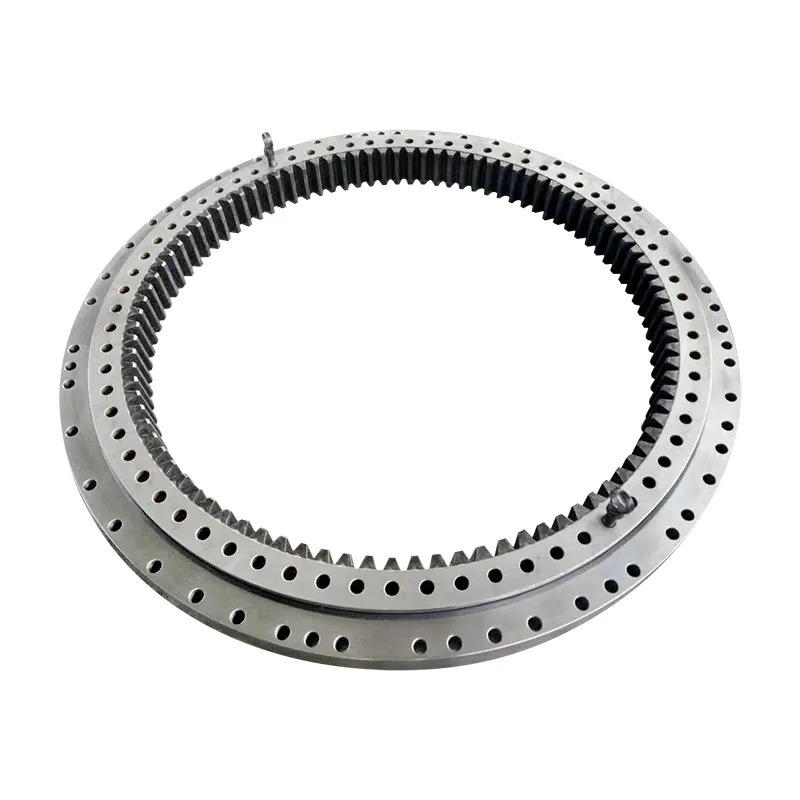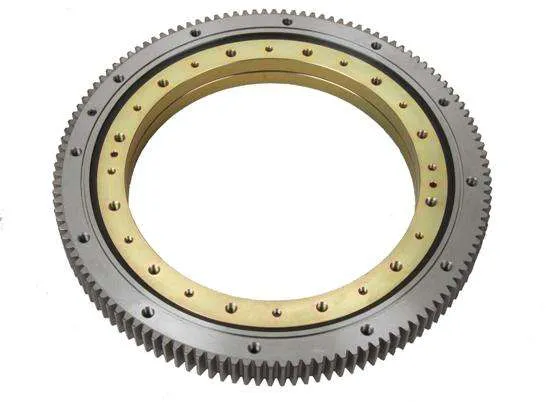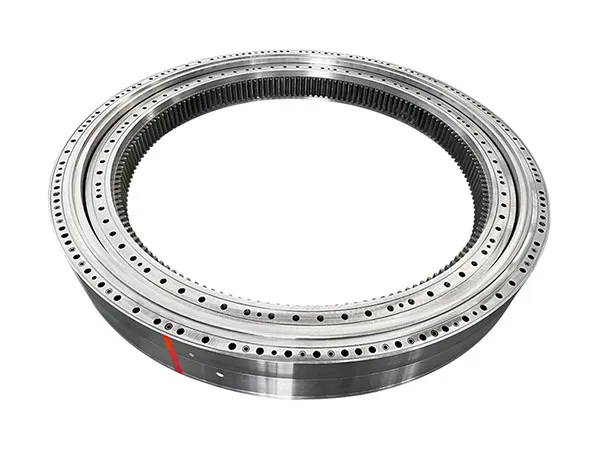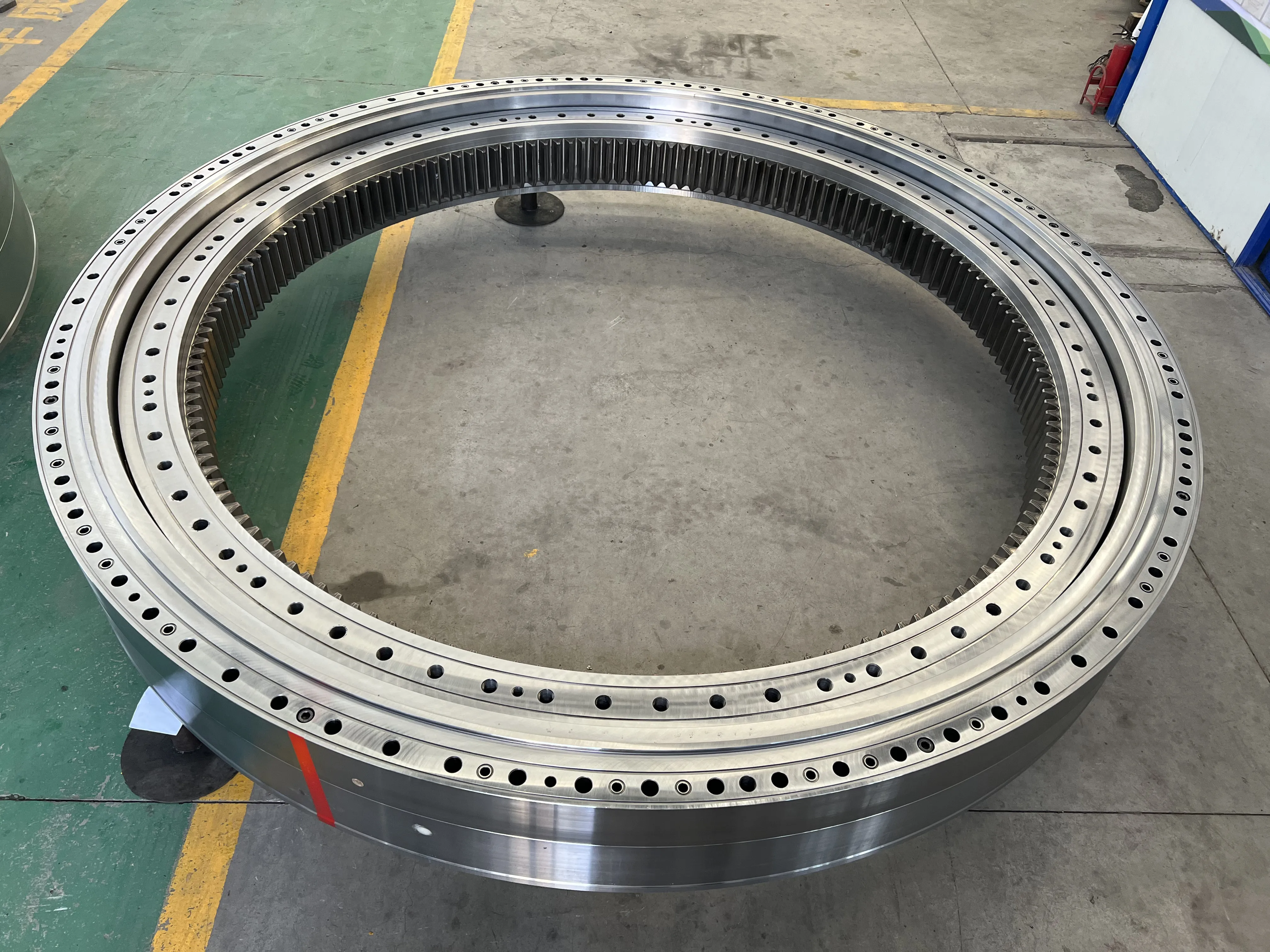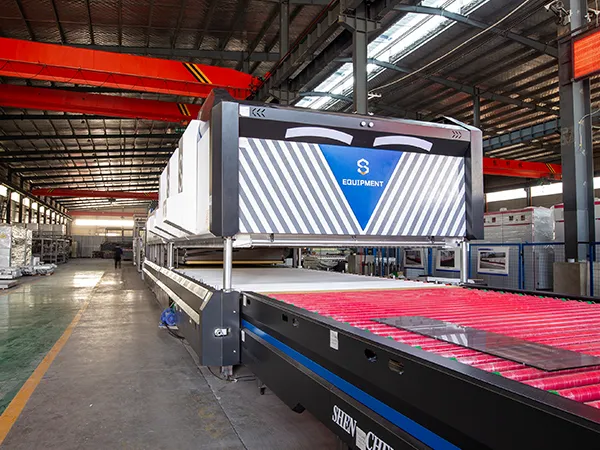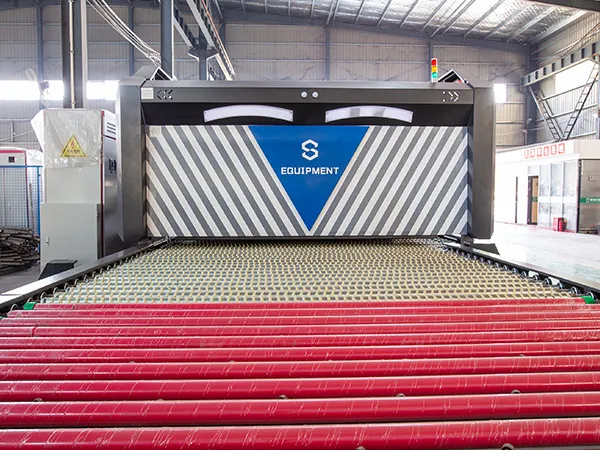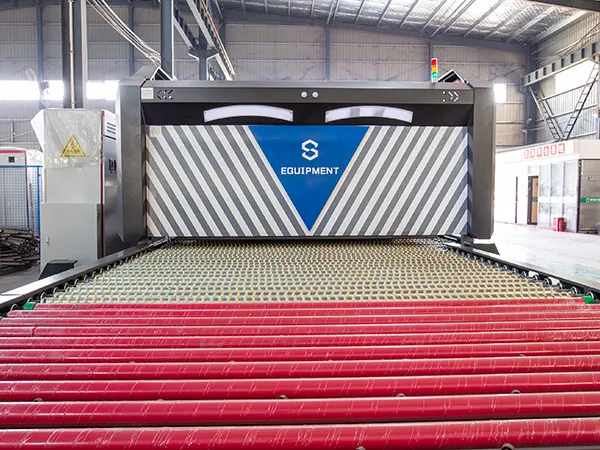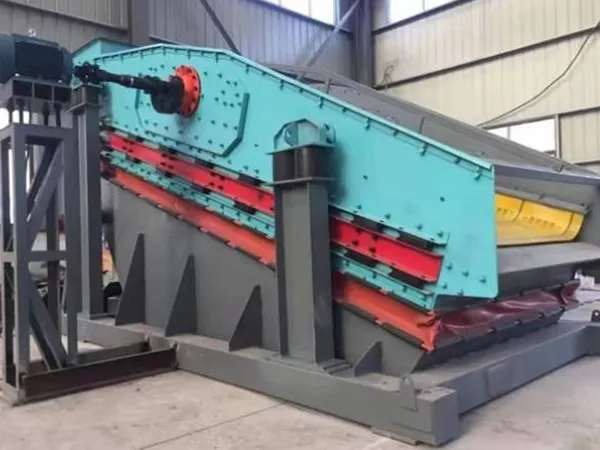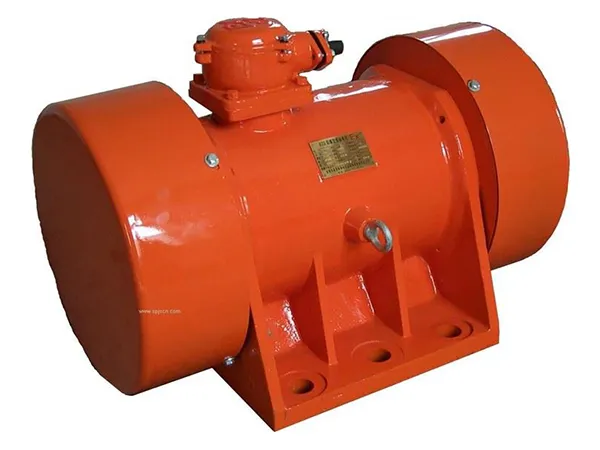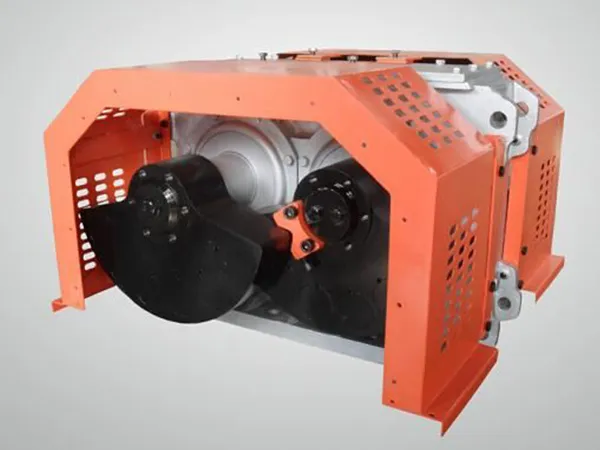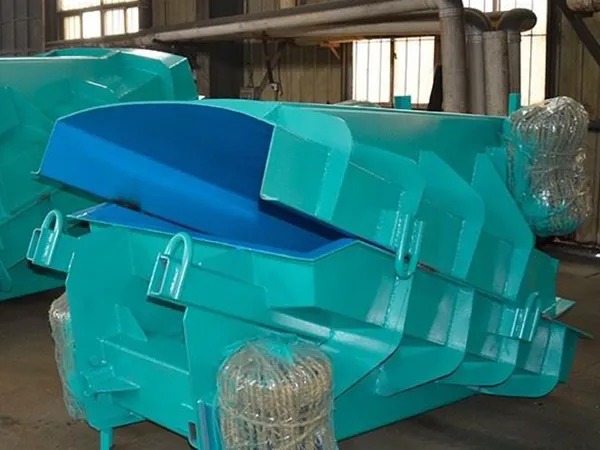Installing a glass tempering furnace for building curtain walls requires detailed planning, appropriate machinery, and adherence to safety standards. Below is a general guide for the specifications and requirements necessary for a proper installation:
1. Site Requirements:
Space: Ensure that the installation area is large enough to accommodate the glass tempering furnace and its related equipment. The space should allow easy movement for loading/unloading glass, as well as routine maintenance activities.
Flooring: The floor should be leveled and strong enough to bear the load of the furnace and the processed glass. Reinforced concrete floors are commonly used to support the furnace weight.
Ventilation: The area must be well-ventilated to disperse heat efficiently. Proper ventilation also helps in maintaining an optimal working environment and preventing overheating of equipment.
Power Supply: Ensure that the site has a suitable electrical power supply to meet the furnace’s requirements. The furnace typically requires high voltage (e.g., 380-480V) and high current capacity.
Water Supply: Some furnaces have water cooling systems, so an adequate water supply must be in place. Make sure there are connections for water inlets and outlets.
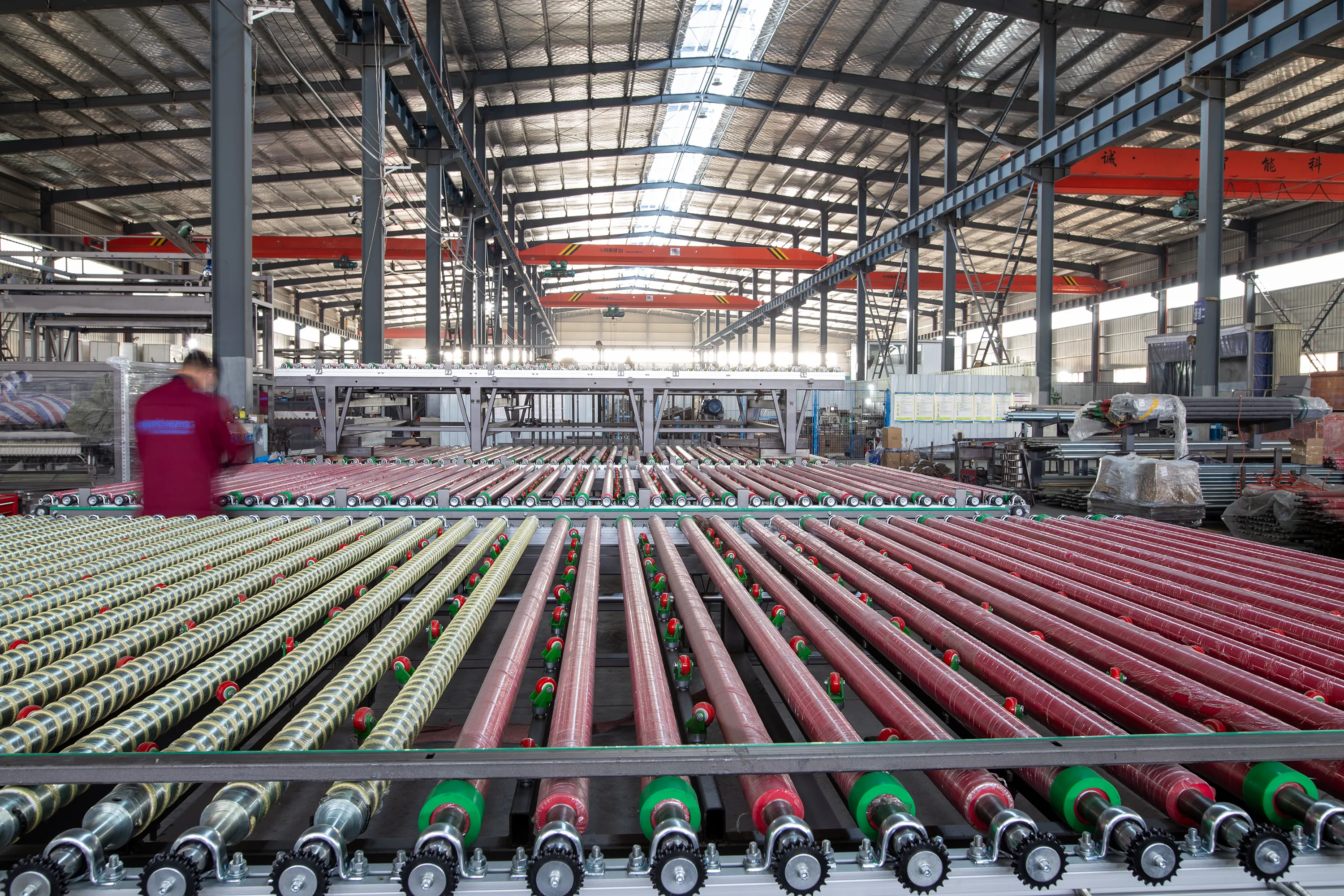
2. Foundation Preparation:
Foundation Design: The foundation of the furnace must be designed based on the manufacturer’s specifications. It should include the necessary channels for power, gas, and water supply lines.
Leveling: The foundation should be perfectly leveled to prevent any misalignment of the furnace. Uneven surfaces could cause issues in the glass processing operation and damage the equipment.
Vibration Dampening: Furnaces must be isolated from vibrations, which could affect the tempering process. Special vibration dampening pads or mounts are often used beneath the furnace.
3. Equipment Installation:
Furnace Positioning: Position the furnace so that there is easy access to both the loading and unloading zones. The furnace should be set up in an area that allows for smooth transportation of glass in and out.
…
For more detailed information about the installation of building curtain wall glass tempering furnace, please click to visit: https://www.shencglass.com/en/a/news/installation-of-glass-tempering-furnace-for-building-curtain-wall.html

